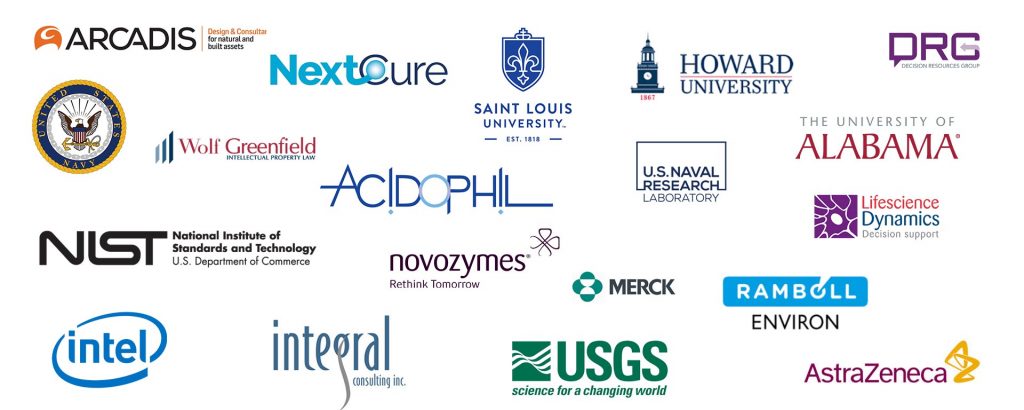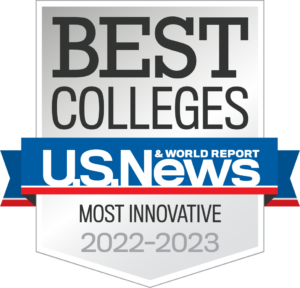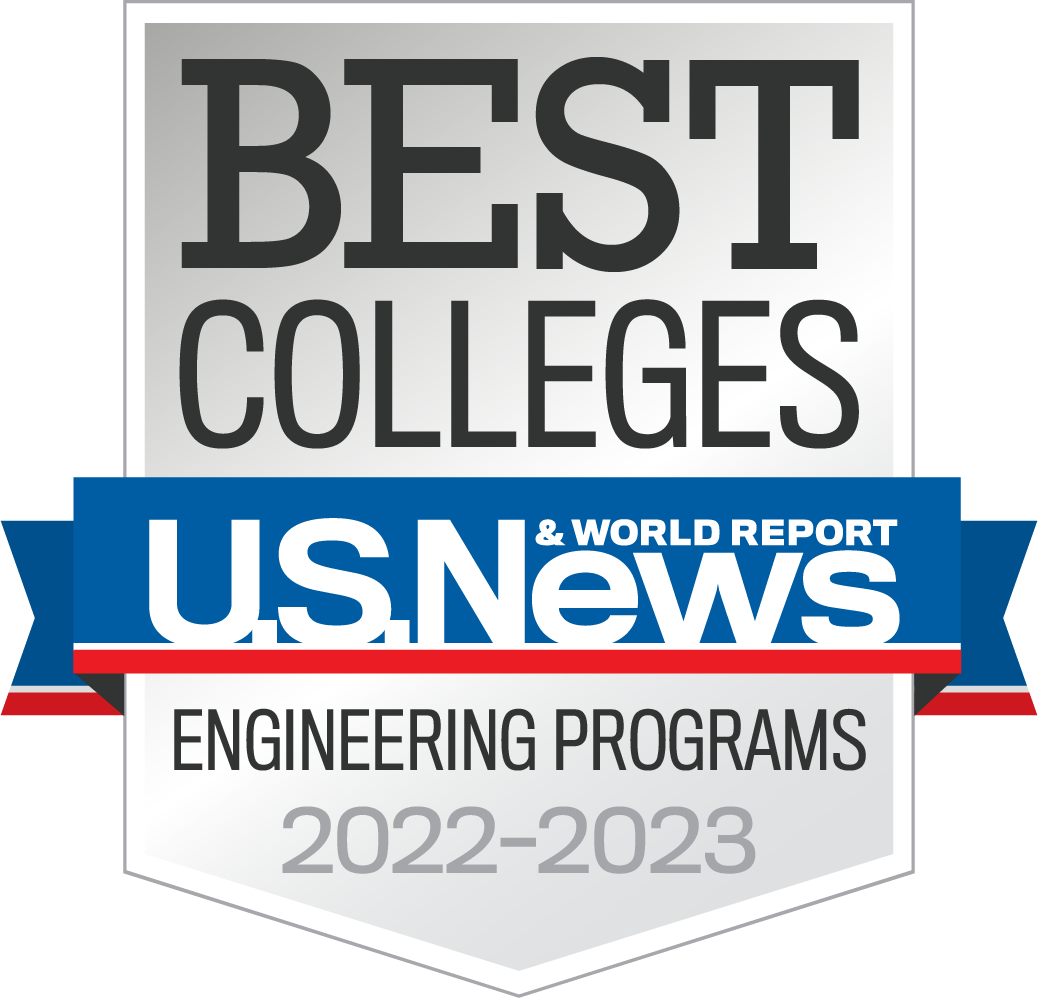CBEE offers graduate degrees in Chemical and Biochemical Engineering, and Environmental Engineering.
Please read this information below and on the application requirements page, email cbeegrad@umbc.edu with any questions regarding CBEE’s graduate programs.
Applied Certificate Program
Program Information
Faculty Research Areas
Faculty members in CBEE collaborate with local research centers, including the FDA, the NIH, the USGS, the University of Maryland School of Medicine and Johns Hopkins University.
Learn more about student and faculty research
Chad Sundberg – Ph.D. Student, Environmental Engineering
Advisor Selection Process
Applicants do not need to secure an advisor prior to applying to the program. Applicants are encouraged to email potential advisors prior to applying, with details about an applicant’s academic background and specific research interests as well as their specific interest in the potential advisor’s research topics.
In the ‘Statement of academic goals and research interests’ (see application requirements), applicants should specify the faculty advisor(s) with whom they are most interested in working and include how the applicant’s research interests are clearly related to the potential advisor’s research.
PhD Programs
CBEE offers two pathways for the selection one’s PhD Advisor; General Admit & Direct Admit. The difference in these two admission types is when the student is matched with their advisor.
Direct Admits.
Direct admits are matched with an advisor during the application review process and the admission offer specifies the applicant’s research advisor. During the student’s first semester, they begin developing their research program with their advisor.
General Admits.
Based on the application review process, two faculty members are identified a potential advisors and the applicant is offered admission as a ‘General Admit’. The student is admitted to the PhD program without a specific advisor and conducts research rotations to determine a match for an advisor/advisee relationship for the student’s dissertation.
The advisor matching process takes place after the student completes two rotations during their first semster. After the rotations are complete, the Graduate Program Director considers feedback from the student and potential advisor identify the best advisor / student match.
MS programs
All MS students are admitted to the coursework only or project-based pathway and are advised by the Graduate Program Director. Students interested in pursuing a MS thesis will be advised on the process for selecting research advisor after the initial admission offer.
Revati Kadolkar, Ph.D. Student Chemical and Biochemical Engineering
Financial Support & Funding
Doctoral Students
Graduate teaching and research assistantships are available to qualified doctoral candidates through the Chemical, Biochemical and Environmental Engineering program. Full-time PhD students admitted to the department are paid a stipend plus tuition remission and health insurance. The department offers a very compentative stiped to all admitted PhD students. The 2025-2026 PhD stipend is $39,929.17 per year (26 pay periods) prior to tax withholdings.
In addition, the department also has a limited number of special fellowships available to qualified students in the form of the a G-RISE Meyerhoff Fellowship.
Please note students are responsible for paying student fees. Details about the health insurance coverage can be found on the Summary of Benefits and Coverage (SBC) under ‘Plan Documents and Benefits’.
Living Expenses
An estimate of living expenses for the area can be found on the Living Wage Calculator.
Master’s Students
Students seeking a Master of Science in Environmental Engineering or Chemical Engineering may find funding as a research assistant in a laboratory or as a TA on campus. Students admitted to CBEE graduate program may apply for TA opportunities. Other department on campus may also have opportunities. However, it is the student’s responsibility to secure their own funding.
International Students
International students can find additional resources on Financing Your Studies at UMBC’s Center for Global Engagement.
Domestic Students (US Residents)
Information for financial aid.
More information on funding opportunities can be found by visiting UMBC’s Graduate School website, the Graduate Student Association’s myUMBC page and UMBCWorks.
Research & Travel Grants are also provided via the Graduate Student Association.
Careers
Our alumni have continued to have successful careers in:
- Government (including NIST, USGS, US Naval Research Laboratory),
- Industry (including KIP Biopharma, AstraZeneca, Merck, Paragon Bioservices, GSK, Wyeth, Amgen, DSM and Lonza),
- Academia (including University of Alabama, Howard University, Colorado State University, and St. Louis University) and
- Consulting, Analysis and Law (including DRG, Arcadis, Wolf Greenfield and Ramboll Environ).



